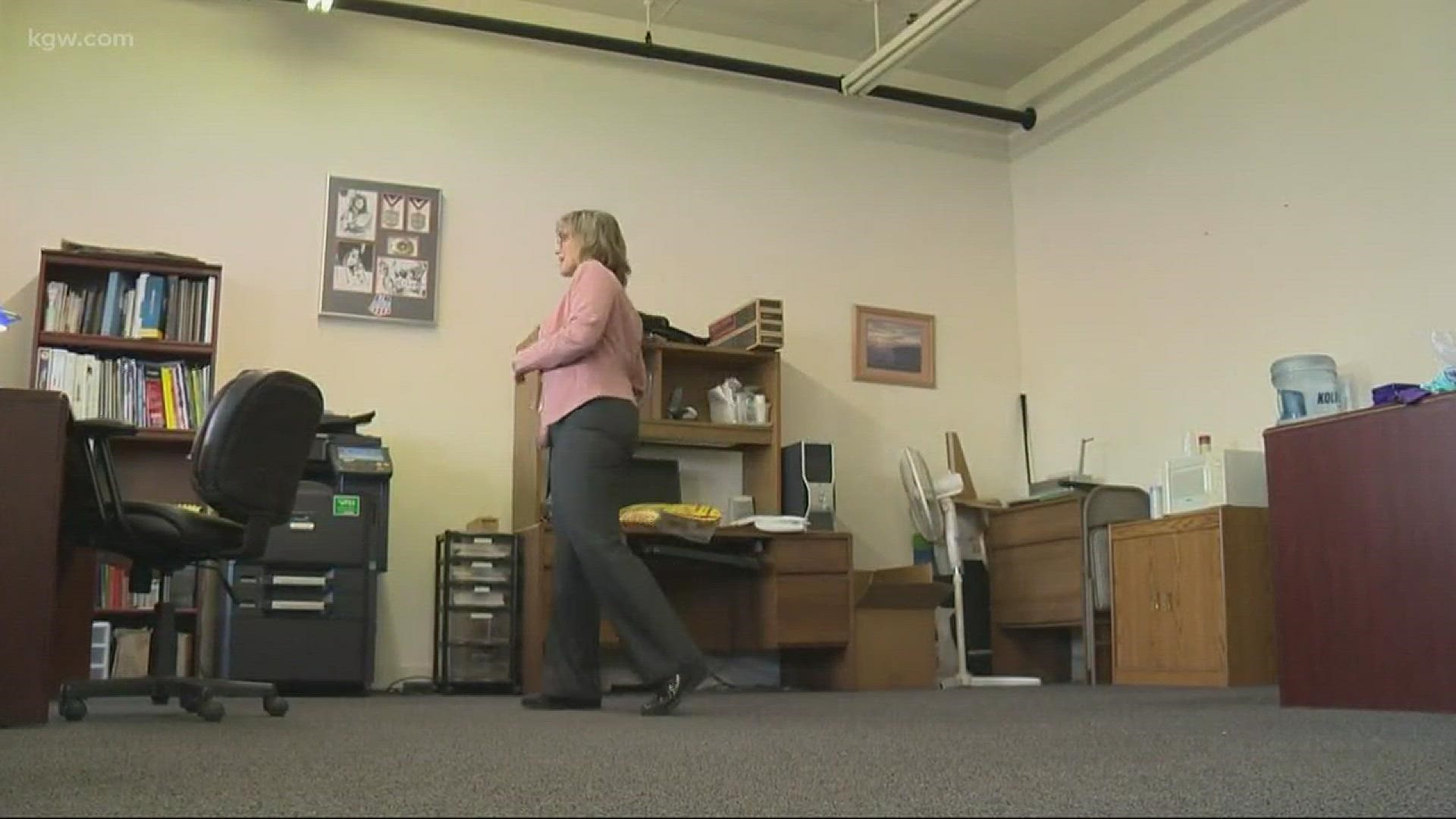PORTLAND, Ore. -- The Olympic Games are over, but the 2018 Paralympic Games begin in Pyeongchang on March 8.
The games bring back fond memories for Roni Sasaki, who grew up in Camas, Washington.
Pictures on the wall at her office remind her about the day she won the silver medal at the World Disabled Ski Championships in Winter Park, Colorado.
The year was 1990, and the ways people with physical challenges were labeled were changing -- but slowly.
“If you look at any of the uniforms that I wore it all says disabled. And so we didn’t really think anything of it. I still don't. But yeah it’s changed. The perception has changed too. Disabilities are more in the public viewing, they're not hidden anymore,” Sasaki said.
Sasaki was born with one leg and turned to athletics to fit in.
“Racer credentials, now we're to the medals finally,” she said rummaging through a faded duffel bag stuffed with memories.
Her hard work paid off with a gold medal and two bronze in the 1992 Paralympics.
“It truly was a dream come true for me. Something I’d longed for. And when you're living that dream I had to keep pinching myself - just to say this is it! It’s happening. It’s real!" Sasaki said.
Now, she’s excited for the coming games and the athletes who will get that same feeling. She's also impressed at how far we've all come from hiding things like artificial legs.
“People that have artificial legs like me don’t put foam coverings over them to make them look real --they wear all the metal parts -- I’ll call it -- bare naked terminator leg. So things have just shifted the way we view people with, I'll just say disabilities, cause adaptive people, I don’t know how you say that!" she said, laughing.
The terminology may be a work in progress but we've also seen it celebrated by giant corporations like Toyota. The company ran commercials celebrating Paralympians during the Super Bowl and again during the Olympics as part of its “Start your Impossible” campaign.
It made Roni Sasaki smile.
“… making them look like athletes. Not just somebody that’s 'ah, geez shucks. You're giving it your best shot.' But these people are actually training full time. They are elite athletes. This is what they do for a living and so they deserve to have that kind of recognition and respect,” she said.
Sasaki’s days of competitive skiing are over. But now she uses her experiences in the Paralympics as a professional speaker, showing audiences how to turn challenges into opportunities.

